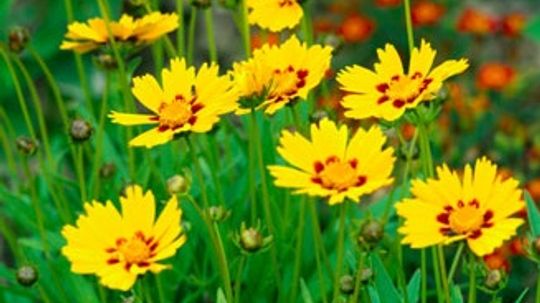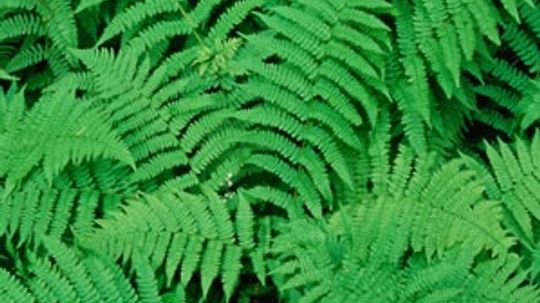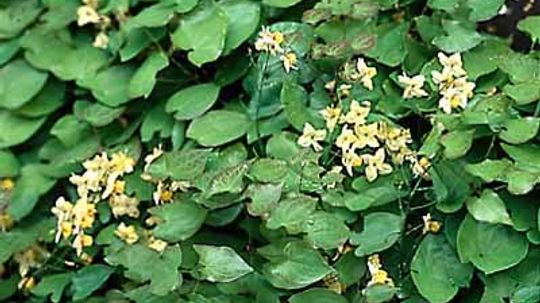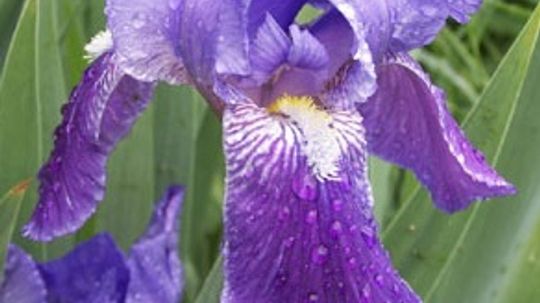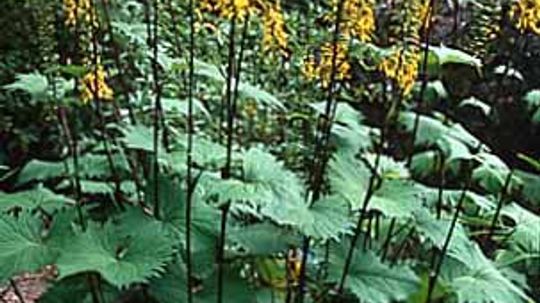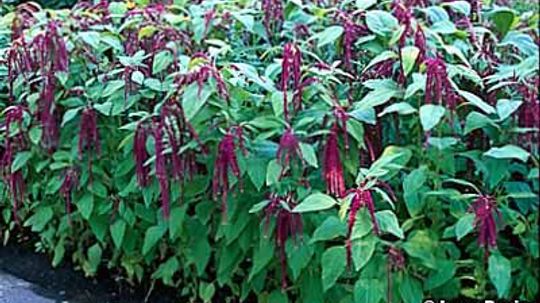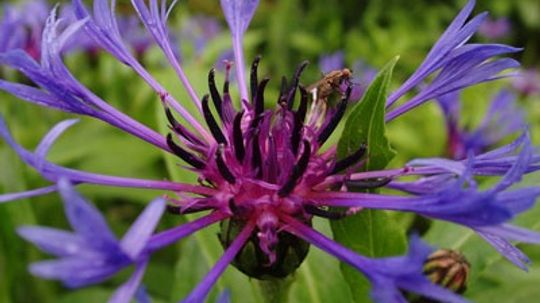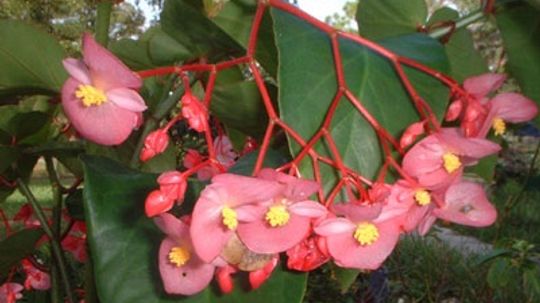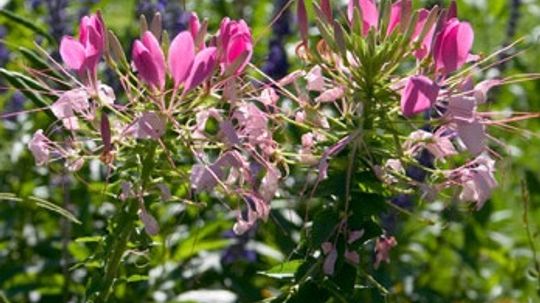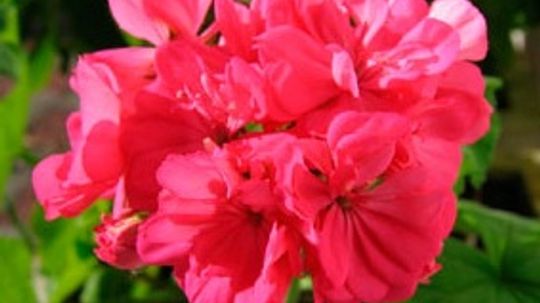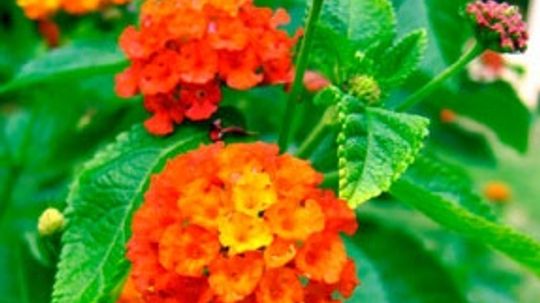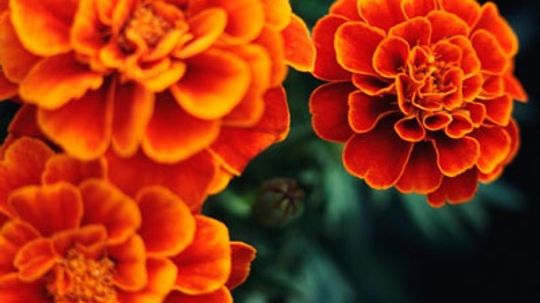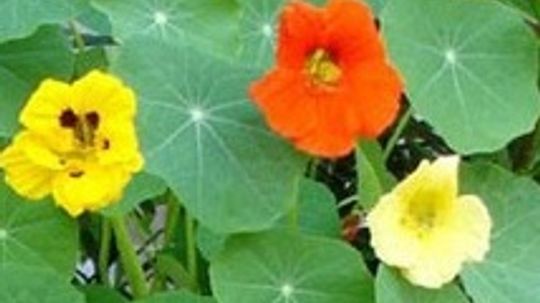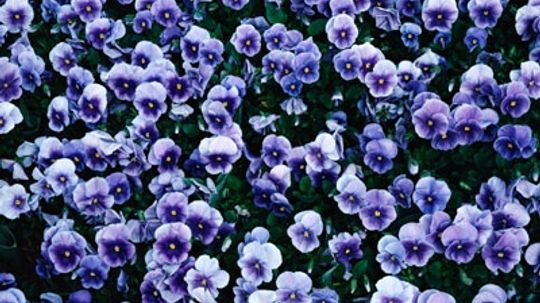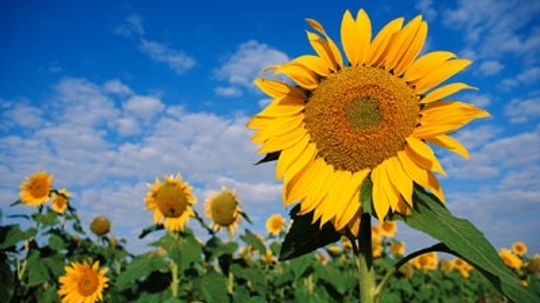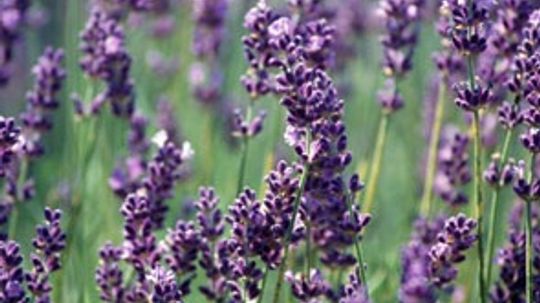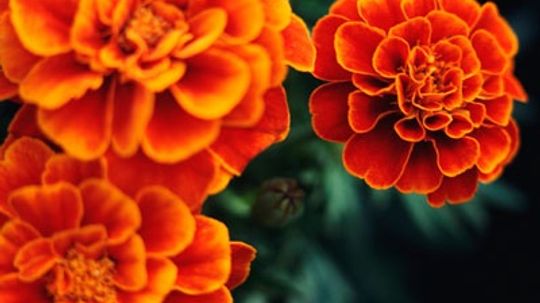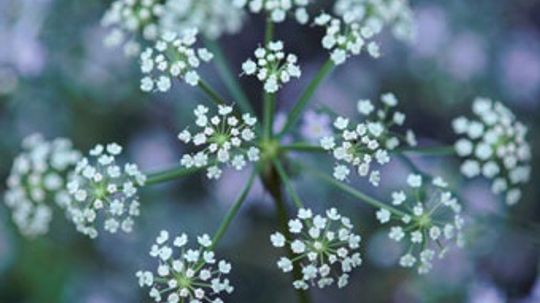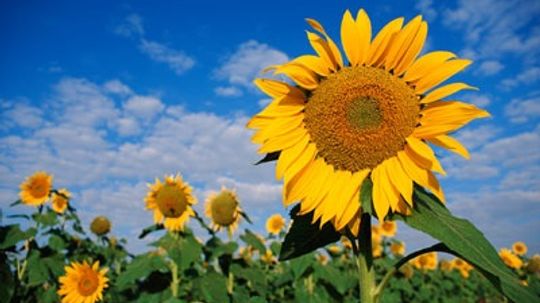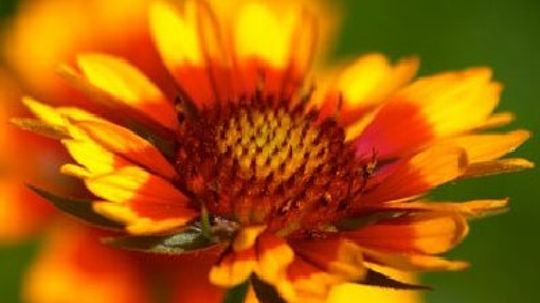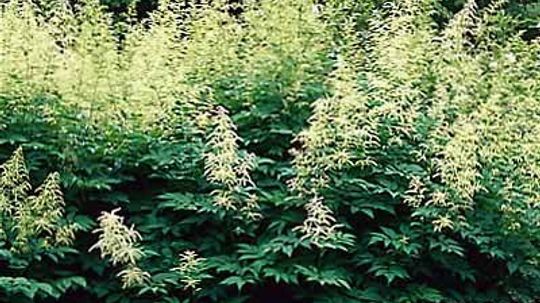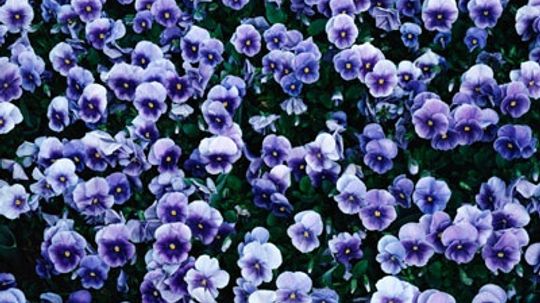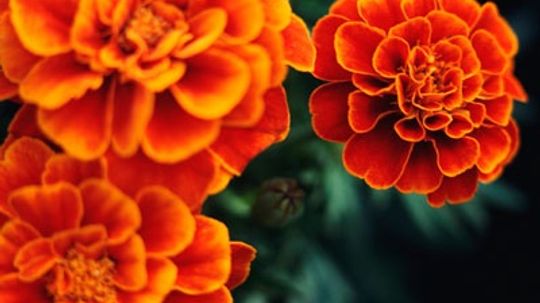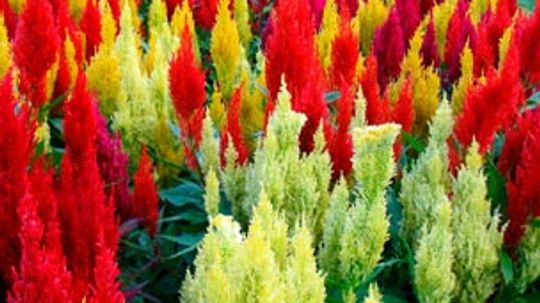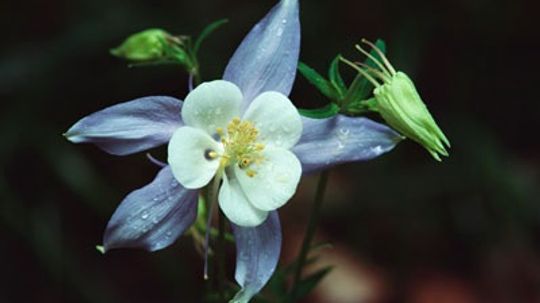Gardening
Gardening is a useful and relaxing pastime. Read gardening tips and learn how to plan and care for a variety of gardens.
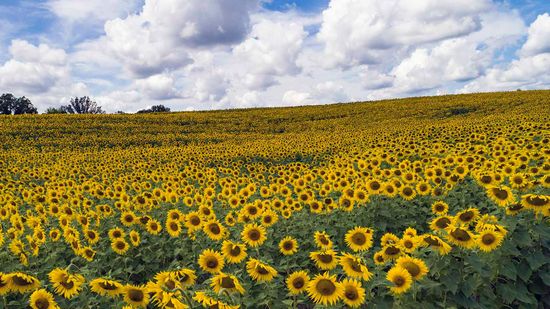
12 Sunflowers Facts for Beginner Gardeners

How can you recycle water for your outdoor garden?

5 Ways to Garden in Winter
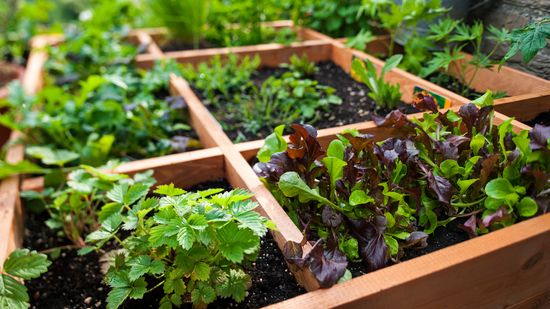
Square Foot Gardening: The Planting Method Created By an Engineer

Hugelkultur Bed: Creating the Perfect Soil for Your Garden
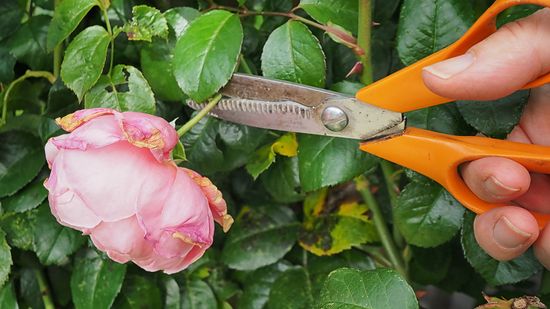
How Deadheading Helps Flowering Plants Flourish
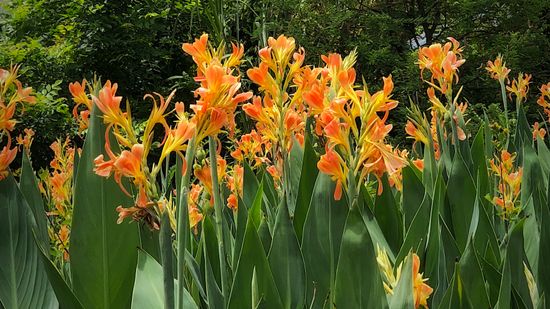
How to Store Canna Bulbs
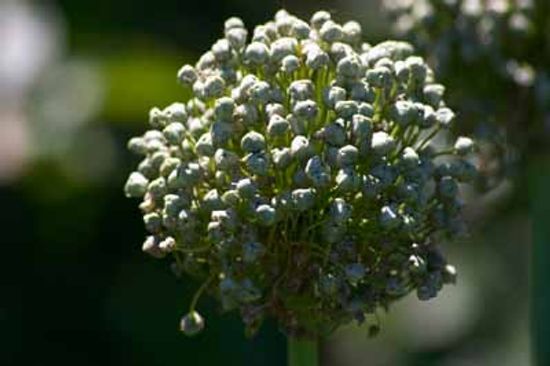
Flowering Onion
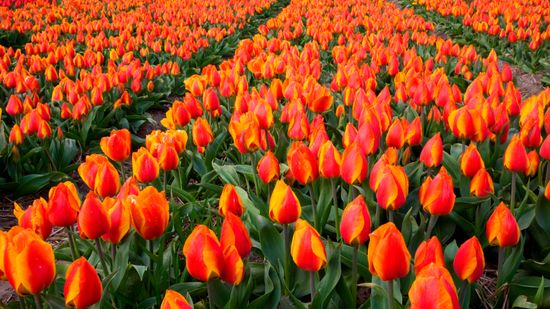
Tulip

11 Easiest Vegetables to Grow Throughout the Year
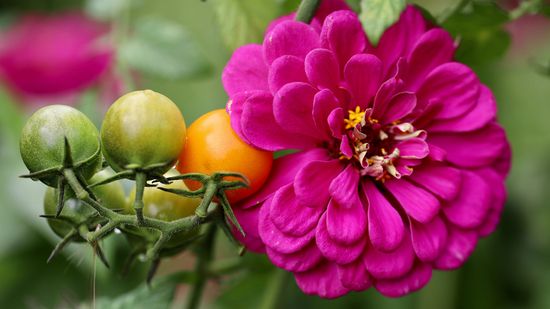
Companion Planting: The Do's and Don'ts of Growing Plants Together
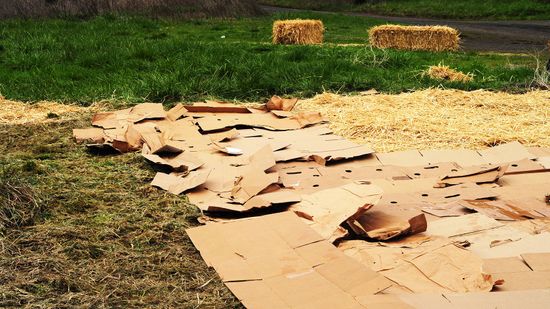
How 'Lasagna Gardening' Helps Create Healthy Soil
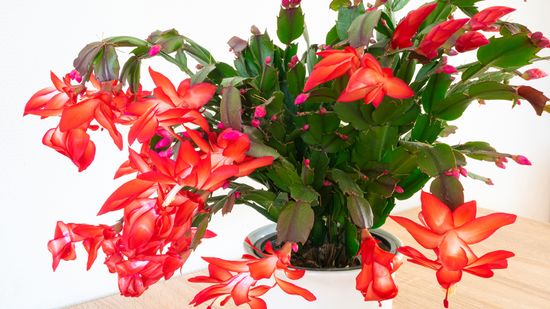
Christmas Cactus vs. Thanksgiving Cactus: What the Schlumbergera?
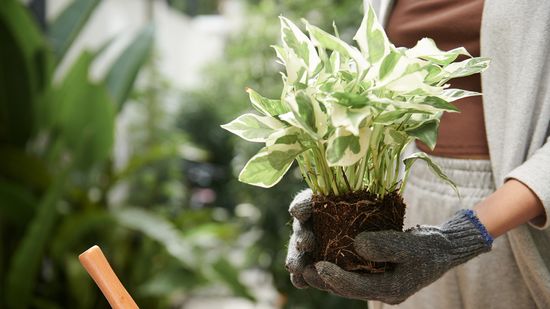
Pothos vs. Philodendron: Comparing Low-maintenance Plants
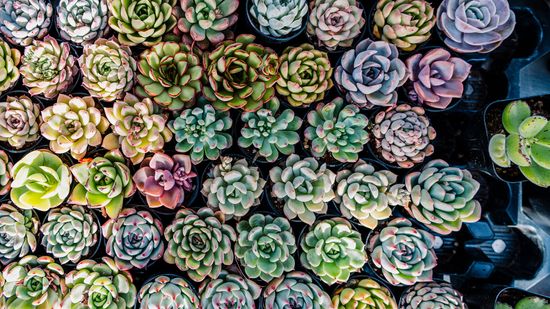
12 Types of Succulents for a Low-maintenance Garden
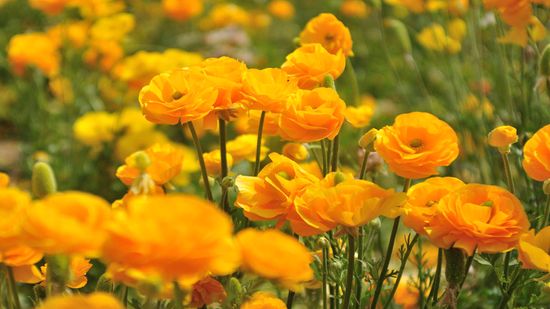
Ranunculus Is a Toxic Beauty With a Doozy of a Name
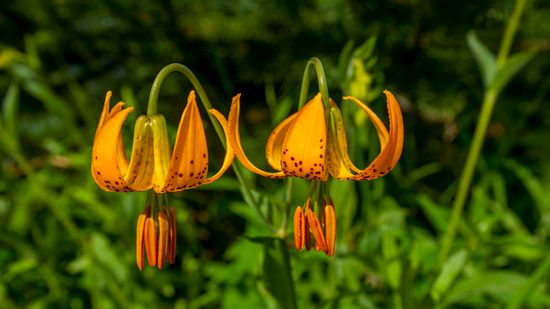
Tiger Lilies Are Easy-to-grow Garden Showstoppers
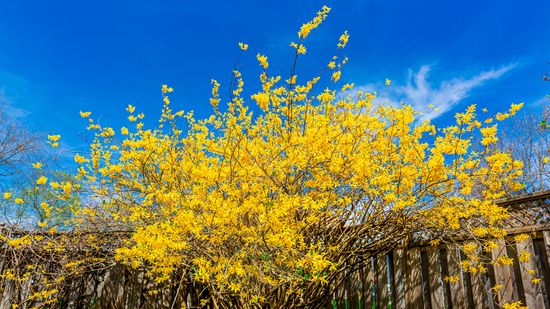
Caring for Forsythia, the Flaming Yellow Sign of Spring
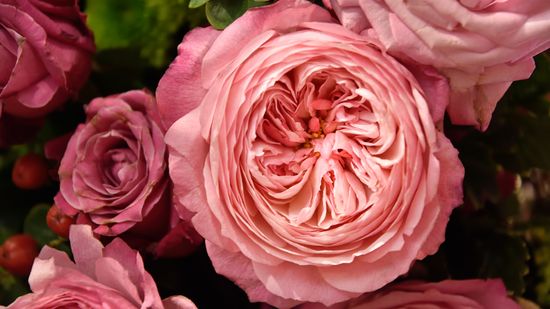
Most Expensive Flower (and 5 More Blooms That'll Break the Bank)
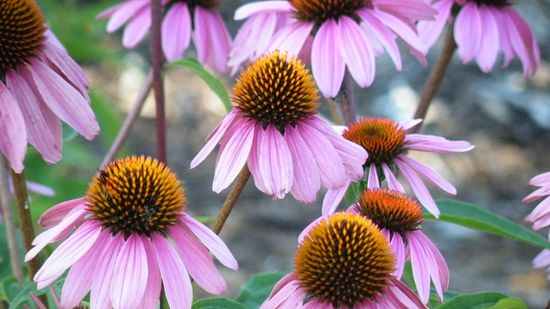
5 Easy Medicinal Herbs You Should Know and Grow
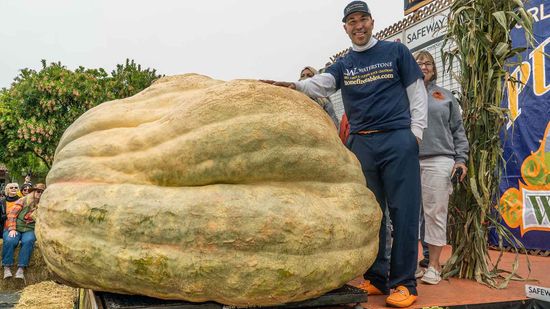
How Do You Grow a 2,000-pound Pumpkin?
Learn More / Page 8
Several coreopsis species are popular in the garden, all of them sporting bright daisylike flowers. These perennials bloom pink, orange, and yellow flowers. Learn to grow this great drought-resistant flower.
Ferns are perennials grown for their ability to thrive where less-hardy plants can't. Some are evergreen, while others die down in fall and return in spring. Learn more about versatile ferns.
Low-growing foliage of great distinction and spring flowers make epimediums, also known as bishop's hat or barrenwort, a good choice. Flowers in soft colors sometimes bloom before plants leaf out. Learn about this shade-loving perennial.
Advertisement
There are nearly 300 types of iris flowers that draw fascination from gardeners around the world. Learn how to welcome this rainbow of color into your garden!
Ligularia is a bold perennial for garden use. The plants bear sprays or spires of yellow or orange flowers in summer, on strong stems. Find out more about the ligularia.
Amaranthus, or summer poinsettia, is an annual plant capped with a swirling crown of hot-colored yellow and red leaves. The upper third of the plant eventually takes on red and yellow leaves. Learn about amaranthus.
The bachelor's button is an annual that grows one to three feet tall with innumerable fluffy but trim round flowers held above the rather sparse, long and narrow gray-green leaves. Learn about this flower.
Advertisement
Wax begonia and fibrous begonia are annuals equally at home in full sun or full but bright shade. They have white, pink, rose, or red blossoms. Find out about these flowers.
Cleome, or spider flower, is an annual flower known for its exceedingly long seedpods. They develop below the flowers to give the plants a spidery look. Find out more about Cleome.
The geranium, zonal, is a South African annual flower with a horseshoe-shaped band of dark leaf color. You can grow it in the garden or as a house plant. Find out about the zonal geranium.
Lantana is an annual flower abundantly covered through the summer with brightly colored blossoms. This woody shrub comes in white, yellow, gold, orange, and red flowers an is a great container plant. Learn about lantana.
Advertisement
Marigold is an annual flower that blooms well over a long season. American marigolds can be tall, up to 36 inches. French marigolds, or triploids, are bushier and more compact. Learn about the marigold.
Nasturtium is an annual flower that is popular as an introduction to gardening. Salad lovers enjoy the peppery tang of nasturtium leaves and its edible flowers among their greens. Learn about nasturtium.
Pansies, and violas are annual flowers related to violets. These plants bloom during cool seasons of the year. In the Deep South, they are used for winter bedding. Learn about pansies and violas.
The Sunflower is an annual North American flower in many colors. Its tall flowers grow as high as 15 feet. Sunflower seeds are a treat for birds and people. Learn about the sunflower.
Advertisement
Herbs are useful for cooking, crafting, and decorating -- boldly coming out of the garden and into your home. Learn more about planting and growing perennial herbs such as lavender and rosemary.
While all plants need water, too much water can drown your plants. There are several annuals, however, that will thrive in wet conditions. Learn which annuals can tolerate moist soil.
Annuals under 12 inches work well at the front of gardens and along borders, since they leave the taller plants behind them visible. Learn which annuals stay under 12 inches high.
Annuals come in many heights, and a few grow to over 24 inches. These plants can provide a dramatic touch to your garden. Learn which annuals are taller and grow to over 24 inches high.
Advertisement
One way to liven up a garden is by including colors that stand out. Learn how yellow to orange perennial flowers can brighten your yard, and which ones are right for your garden.
By Shane Wilson
While many flowers feature bright, vibrant colors, some gardeners prefer a subtler approach. Read about white to green perennial flowers, which have an airy appearance and blend in naturally with the green of most plants.
By Shane Wilson
Many gardens have spots that are shady at least part of the time. The areas that get a mix of light and shade are perfect for planting partial shade annuals. Learn which annuals to use.
When planning a garden, most people mix different annual varieties for diversity in color, texture, and height. Learn about the yellow to orange annual flowers you can use to spice up your garden.
By C. Colston Burrell
Advertisement
Annuals are primed to germinate quickly when conditions are right, grow speedily, and then make loads of flowers, fruits, roots, and seeds. Learn about red annual flowers to give your garden a touch of fire.
Perennial flowers bloom year after year, without the need to replant. Learn the best perennials to plant in your garden. Read about the different types of perennial flowers, and which ones are best for you.
By Shane Wilson
